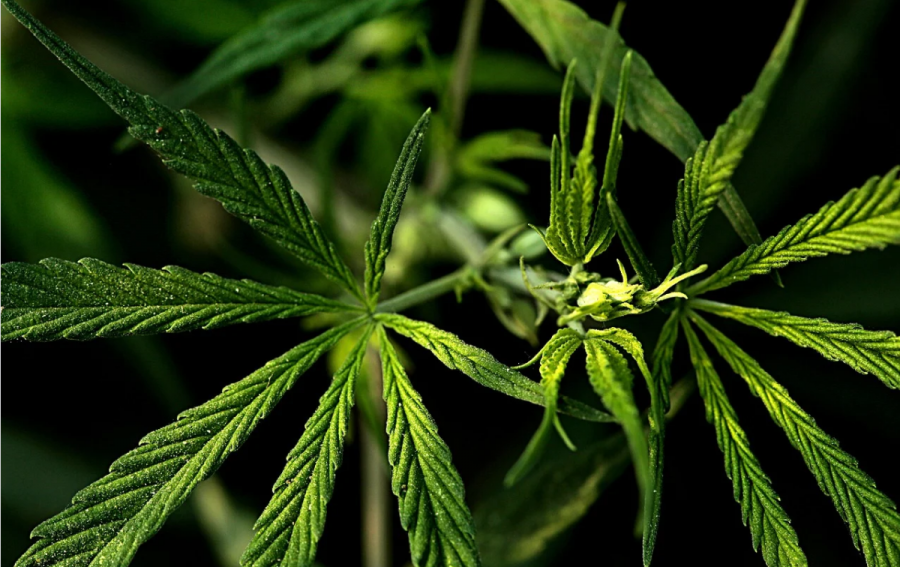NY’s decision to legalize marijuana expected to boost the economy
April 22, 2021
New York Gov. Andrew Cuomo signed a bill legalizing adult recreational marijuana usage in the state, estimating that it would bring $350 million in taxes annually and up to 60,000 new jobs.
Previous attempts to legalize marijuana have failed due to disagreements about how the tax revenue generated from sales would be distributed. The governor demanded that a substantial portion of the money be earmarked for areas where Black and Latinx people have been arrested in disproportionate numbers on drug charges.
“This law comprehensively addresses the harms of overcriminalization and establishes one of the most ambitious marijuana legalization programs in the nation,” Melissa Moore, the state director of the Drug Policy Alliance, a national advocacy group, said.
“Through this sweeping legislation, New York is delivering reforms that place community reinvestment, social equity, and justice at the core of the law,” she added.
In terms of tax revenue, the goal is to spend 40% of the funds in areas disproportionately affected by the drug war, another 40% in schools and public education and 20% in drug recovery, prevention and education.
Two years after the first retail sale of cannabis, the Cannabis Control Board will conduct a review to examine the industry’s market share and make licensing changes to ensure equity. Furthermore, each medical cannabis company will be limited to only eight dispensaries, according to The New York Times.
People convicted of marijuana-related crimes that are no longer criminalized will have their records immediately expunged, and 40% of the tax revenue from marijuana sales will go to those areas.
People with prior convictions and others participating in the illegal cannabis industry will be allowed to participate in the current legal market, according to the legislation.
Individuals in possession of up to three ounces of marijuana will not be arrested or prosecuted by law enforcement.
“Through this sweeping legislation, New York is delivering reforms that place community reinvestment, social equity, and justice at the core of the law,” she added.
Those with low-level marijuana-related convictions will have their charges automatically reviewed and expunged from their records, according to the law.
That would be a significant improvement over previous efforts, such as in 2019 when about 150,000 people had their past drug convictions sealed after Gov. Cuomo signed a law eliminating criminal penalties for minor marijuana possession.
Republican lawmakers voted against the measure, citing safety and health concerns posed by parent teacher groups and law enforcement agencies, such as an epidemic of marijuana-impaired drivers.
Although some conservatives support the bill because it addresses medical assistance, personal preference and freeing up law enforcement resources, others have raised concerns about driver safety, health and gateway drugs.
Instead, NYPD Commissioner Dermot Shea expressed reservations about the legislation allowing people to smoke marijuana in public, saying he is concerned about “unintended consequences.”
“It’s a significant shift.You pass new laws and you always worry about what the unintended consequences are. I have no doubt that they think they are doing the right thing but these are some of the things I worry about and New Yorkers are worried about,” Shea said.








Jason Harvey • Nov 16, 2023 at 7:42 am
Great Post! The decision to legalize marijuana in New York is expected to have multifaceted economic benefits. However, successful implementation will require thoughtful regulation, addressing social equity, and continuous evaluation to ensure the positive economic impacts align with broader societal goals.